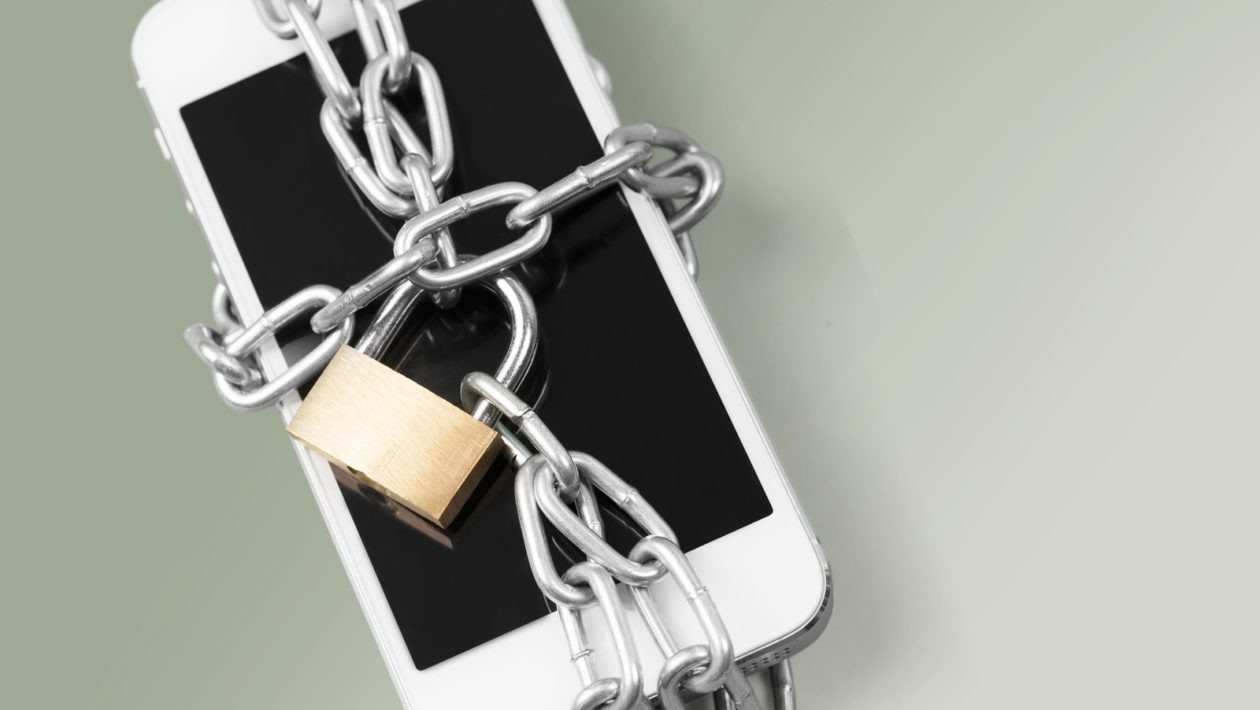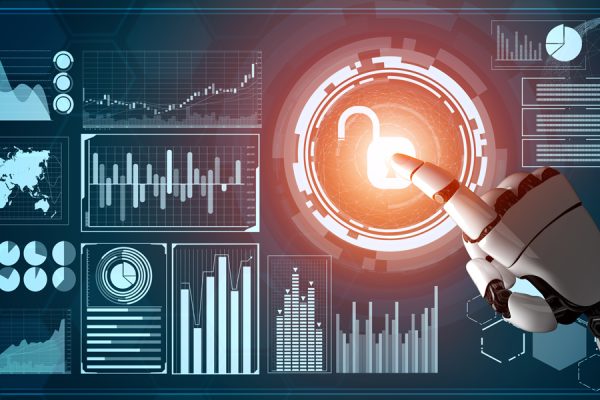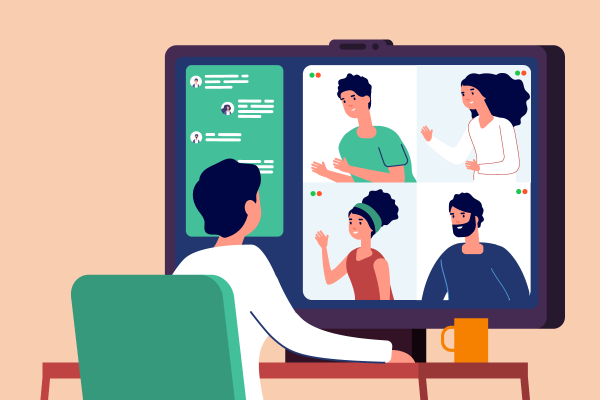With smartphones turning into mobile control systems, you can now handle more work directly from your device. From accessing the company database to downloading and reading email attachments, smartphones make it easier for you and your employees to remain connected regardless of location. iPhones are leading the pack in having innovative features, real-time connectivity, and ease of use. However, the increased versatility of iPhones also makes them a data security threat.
Many people are aware of how data breaches may affect their computers and servers- but did you know that your iPhone could also be an entry point for hackers? Indeed, having weak passwords, downloading unsecured apps, and not backing up your data could result in many consequences down the road. People also keep more data on their phones than in their homes. And for your employees, allowing iPhone users to perform company operations could further compound the problem.
Here are several ways through which you can keep your iPhone 11 secure.
Table of Contents
1. Maintain the Latest OS
iOS is known for having excellent security standards. This is why the operating system is updated regularly- to patch up any loose ends and reduce the likelihood of hacks. Many iPhone users wait for significant updates before upgrading their operating systems. However, keeping up with regular updates is critical when addressing bugs, random crashing, and other potential vulnerabilities. In other words, don’t ignore your iOS updates when they pop up on the screen.
2. Leverage Biometric Security Features
4-digit pins, usernames, and patterns are becoming a thing of the past. These security features are easy to hack- and it only takes one person seeing you enter your pin for the data on your phone to become exposed.
iPhones now come with biometric features that allow you to personalize your device. For the iPhone 11, Face ID works flawlessly and is a convenient way for you to lock/unlock your phone.
3. Stick to Apps from Known Sources
Downloading unsecured apps is an easy way for you to get malware on your phone. These apps, which mostly come from unknown sources, maybe stringed with infectious components and compromise your data. This can be avoided by only installing apps from the App store. And if you need to install a third-party app, make sure it’s coming from a known and reputable source. There are mobile security apps that can scan your iPhone for malicious content.
4. Watch What you Access on Public Networks
Suppose you need to download a large attachment and you’re low on data, wouldn’t public Wi-Fi be a perfect solution? Well, not always. Accessing sensitive business information on public Wi-Fi could result in many different security threats.
Because you may be exposing company emails, databases, and other repositories to hackers, only access sensitive data while using secured networks. A VPN also comes in handy when spending time in an airport, hotel, coffee shop, or other similar space.
5. Backup Your Data
Loss of data is one of the most common threats to using smartphones. As storage space increases, you may have all your documents, pictures, passwords, and other personal data stored on your phone.
Backups make it easier for you to restore your files if the device were to be lost or stolen. And with the iPhone 11, you can easily back up your data in a 1:1 ratio on iCloud. This also makes transferring information to a new phone much easier in case you wish to upgrade your device in the future.
6. Turn on “Find my iPhone”
The “Find my iPhone” feature comes in handy during cases of theft/misplacement. You can use this feature to track your phone’s location (using your iCloud account). In this way, you can minimize the likelihood of theft and get back online as soon as possible.
7. Set up Data protection
Data protection is a feature where all the data is wiped from your phone after several unsuccessful passcode entries. It comes in handy when your device is lost/stolen, and someone tries to access it without your permission. Because the data remains secure, you won’t lose access in cases where you happen to forget your passcode.
Personal accountability also helps reduce the likelihood of a data breach. For example, you should avoid clicking on suspicious email links or using your device without a password. Furthermore, downloading apps from unknown sources may expose your company’s data to risks.





